Topics
We organise our actions in six thematic & strategic agendas:
Strategic Agendas:
Bio-economy
Circular Construction
Chemicals/Plastics
Manufacturing Industry
Food Chain
Water Cycles
Seven leverages provide additional support:
Leverage effects:
Lever Policy Instruments
Lever Circular Procurement
Lever Communication
Lever Innovation & Entrepreneurship
Lever Financing
Lever Jobs & Skills
Lever Research
What, why and how?
Why are we pursuing a circular economy?
Future visions 2050
How do we see our circular future?
About our management
Who steers what at Flanders Circular?
Towards circular office furniture
Tuesday 19 March 2024
On Tuesday, February 27th, the first Flemish stakeholder event took place within the framework of the Interreg North Sea project CEO (Circular Economy Office). About 80 interested parties were present. We will guide you through the program. In this article, you will find an introduction to the CEO project.
The CEO-project: What, why, how?
In June 2023, the CEO project was launched, a new Interreg North Sea project aimed at exploring how to make the office furniture market more sustainable and circular. Frank Dingemans from Kringwinkel Antwerpen, one of the project partners, outlined the current market with some striking figures:
- Every year, 10.5 million tons of office furniture are discarded in the EU.
- 80 to 90% of this furniture is either incinerated or sent to landfills.
- 23% of newly produced office furniture is not recyclable.
- 45% of newly produced office furniture is only partially recyclable.
He also highlighted the changing landscape: since the COVID-19 pandemic, work has become more flexible and hybrid. The effects of this New Way of Working are evident among both employees and employers: in recent years, many home offices have been set up, and numerous companies have redesigned their existing offices. However, despite these changes, some of these offices seem to attract few people, resulting in them remaining largely unused.
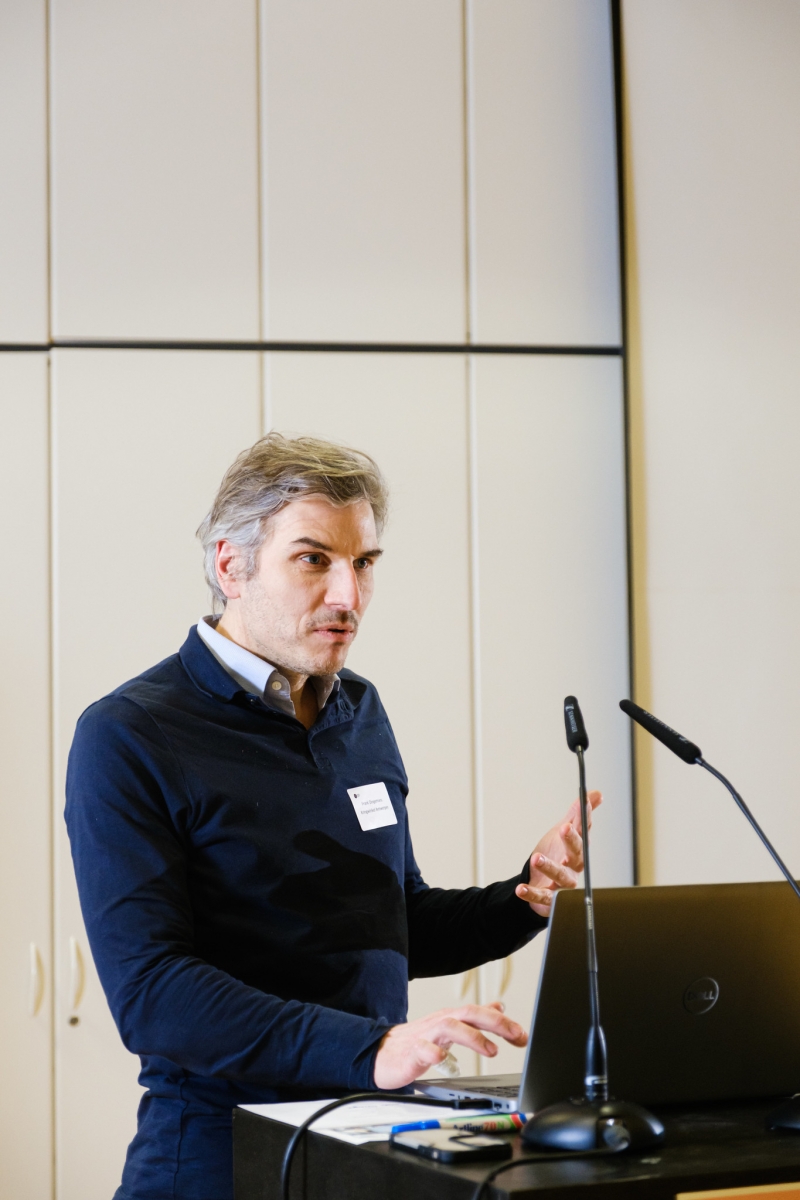
In short, the office furniture sector is vast... and far from sustainable. The CEO project aims to change that, together with stakeholders from various sectors and countries. Therefore, the project focuses on:
- Scaling up solutions for circular office furniture by promoting production and availability.
- Improving the legal framework to provide incentives for embracing circular practices.
- Introducing modularity and adaptability in product design, enabling disassembly, repair, and upgrades of office furniture.
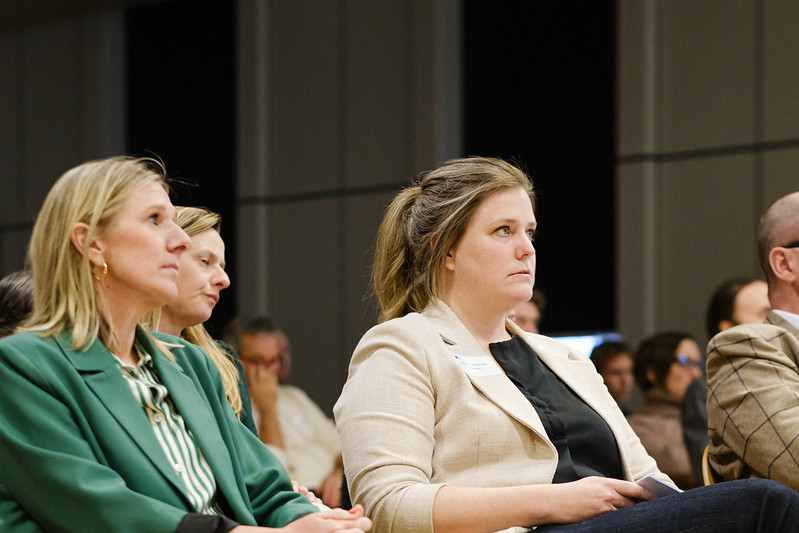
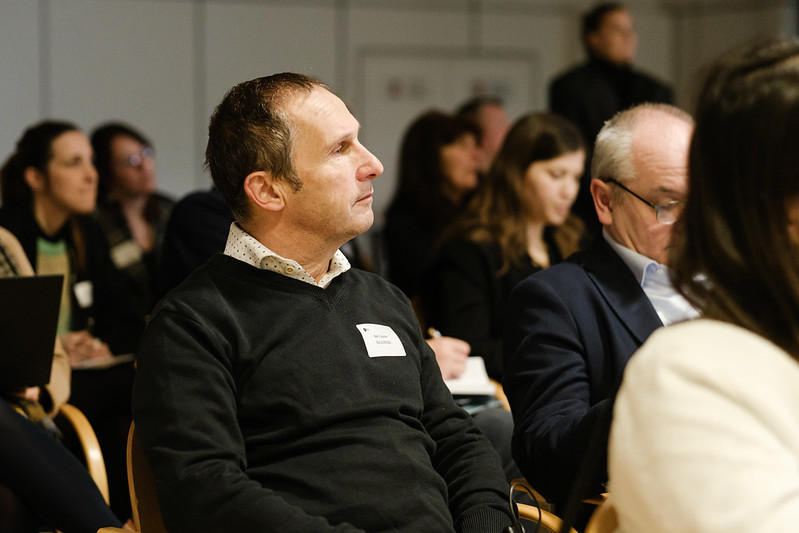
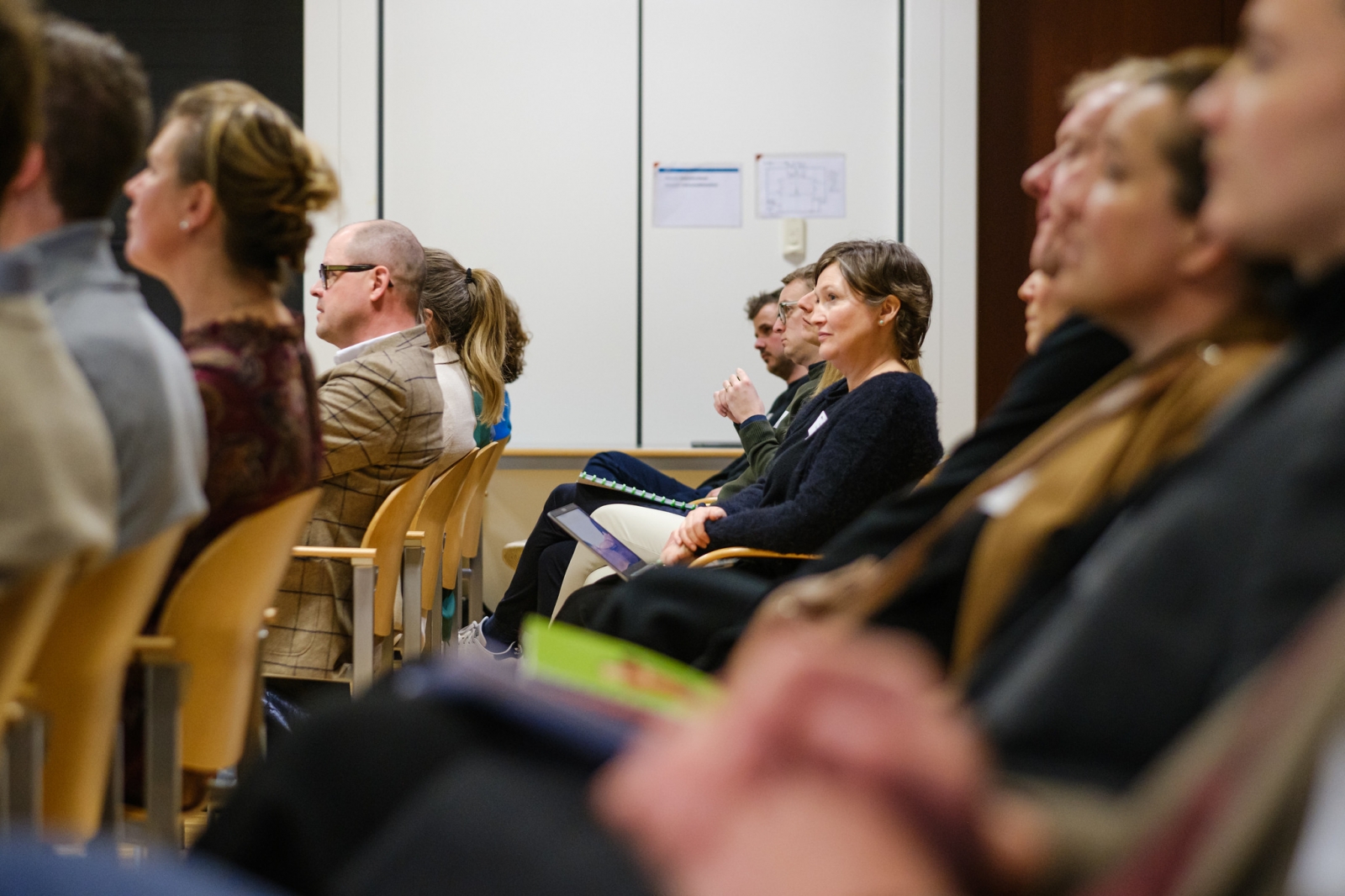
What can the CEO project learn from the European ProCirc project?
Alexandra Vandevyvere from Circular Flanders refreshed everyone's memory. The Interreg North Sea Region project 'ProCirc' aimed to explore how public procurement could catalyze the transition from a linear to a circular economy. From 2019 to June 2023, 11 partners from six countries collaborated on this endeavor. They implemented various pilot projects in circular office furniture. From these projects, they derived several lessons that the CEO project can build upon:
- Circular practices in the furniture sector have reached a relatively mature stage, with significant potential to scale up innovative examples.
- Options for reused, refurbished, and refreshed furniture exist, but collaboration is crucial to realize them effectively. By providing suppliers with better access to discarded furniture and materials, they can better serve the market, and investment readiness should also increase.
- Circular Furniture Services (including consultancy and design services for reuse) can assist organizations in maximizing the use of available resources, making 'purchasing new furniture' a last resort.
- There are six success factors in tendering circular contracts. For example, incentivizing suppliers to propose innovative solutions and linking contracts for new furniture with contracts for reused furniture.
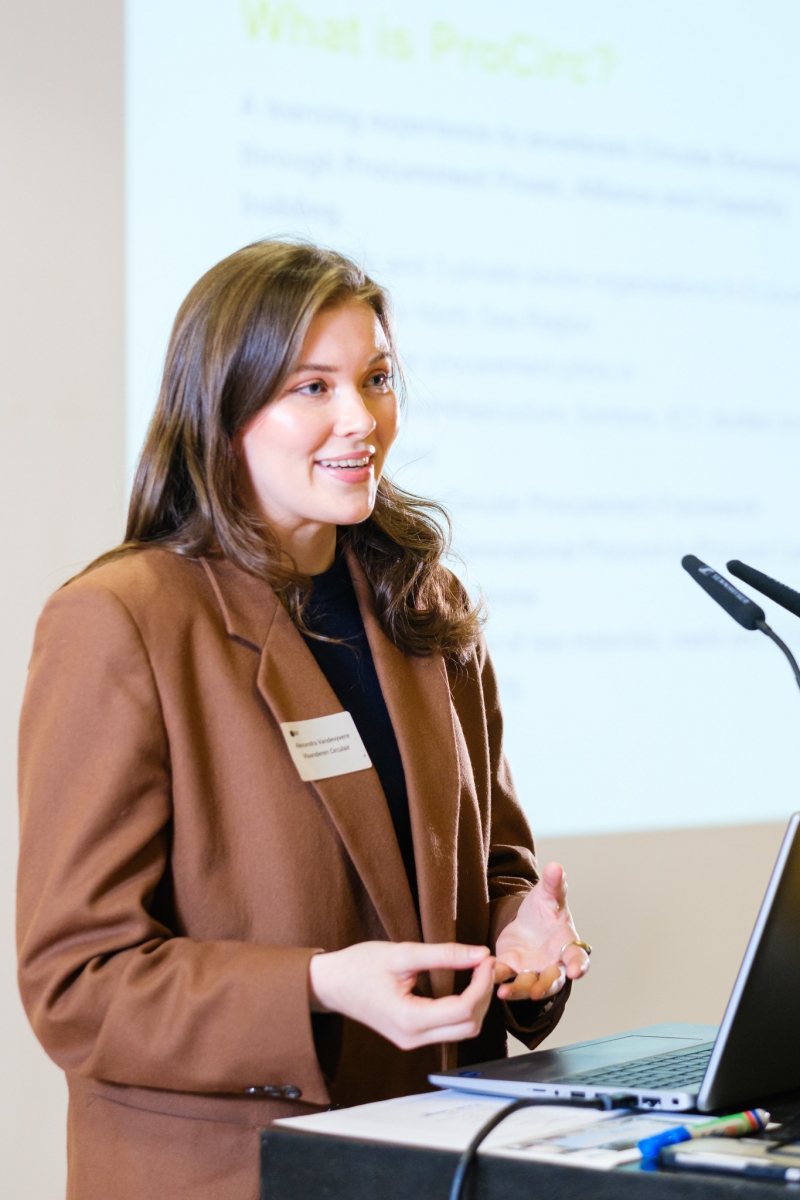
Finally, ProCirc also drafted a Joint Statement of Demand (JSD) for office furniture. This document includes (1) ambitious goals for future purchases, (2) circular requirements that have been tested and proven feasible, and (3) shared demands from committed purchasers. With the JSD, suppliers are informed about the priorities of businesses and government organizations in creating functional workspaces. This provides a framework that can certainly stimulate collaboration across the entire furniture supply chain.
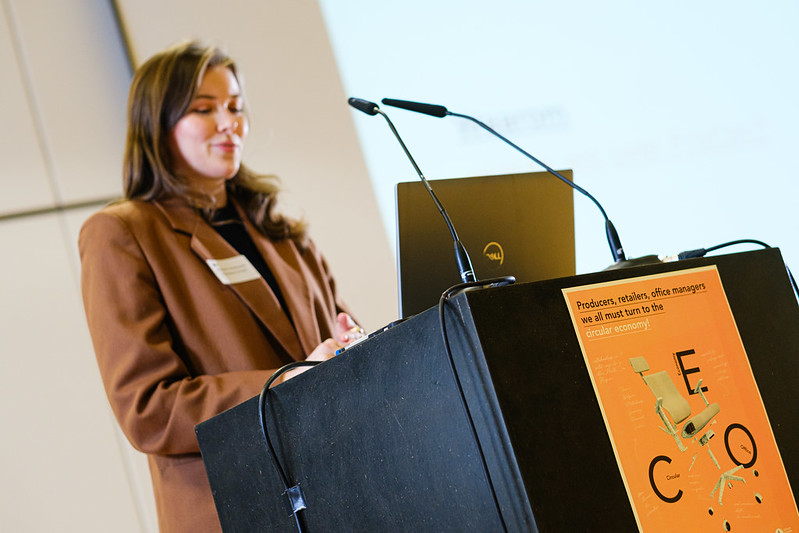
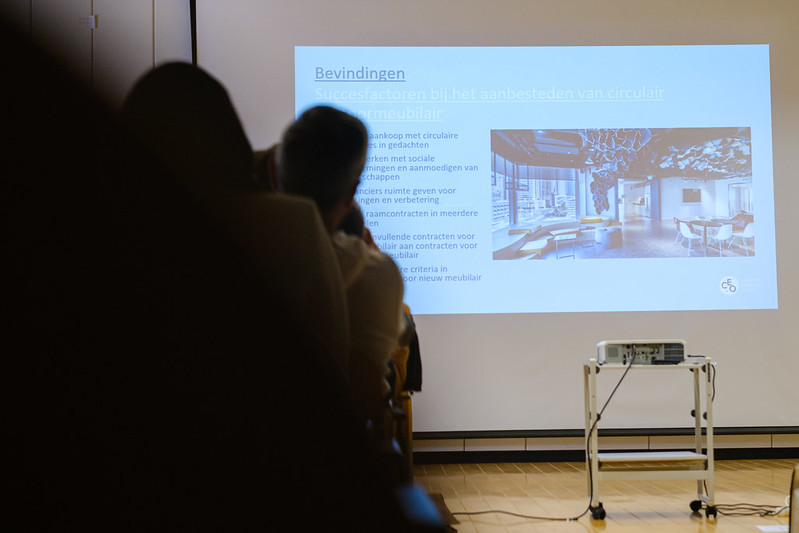
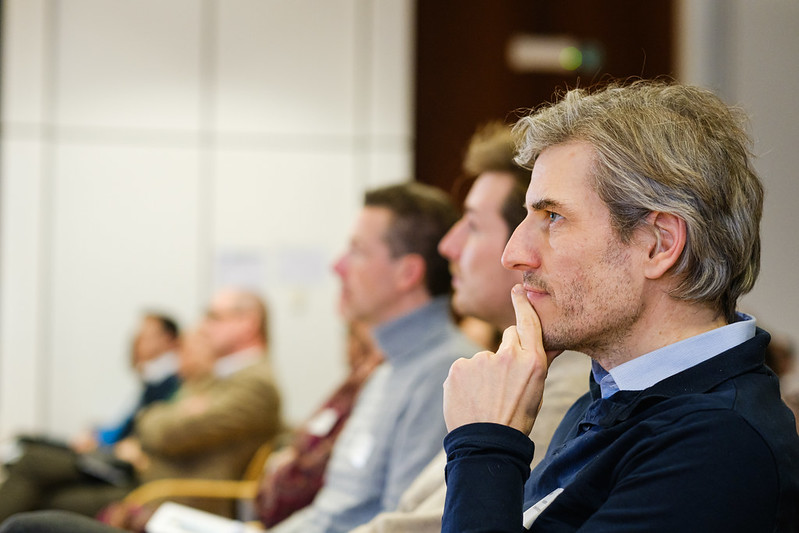
What can the CEO project learn from the REFURN project?
Among all furniture items, upholstered sofas are the most complex and diverse in terms of material use and structure. With the REFURN project, furniture manufacturers Drisag and Indera aimed to contribute to an economically and environmentally viable solution for this challenge. They explored whether they could stimulate the reuse of upholstered sofas, their components, and materials by focusing on:
- Circular Business Models that promote sustainability and reuse.
- Ecodesign guidelines applied to two existing sofa designs with the intention of enhancing their lifespan and reuse potential.
The REFURN-project dates back to 2019. Chris De Roock from WOOD.BE summarized the key lessons learned at that time:
- Start your project with a circular mindset.
- Raise awareness among your customers and stimulate demand for ecodesigned products.
- Manufacturers expect the product to return to them at the end of its lifecycle.
- There is still much work to be done in terms of circular business models.
Five years ago, in 2019, many companies were not familiar with renting or leasing furniture. There was also an expectation that refurbished furniture would be much cheaper, while the price difference with new furniture was only around 20%. Additionally, refurbished furniture still had a second-hand image, and customers doubted its quality. Whether this perception still holds true five years later will be determined by the CEO project.
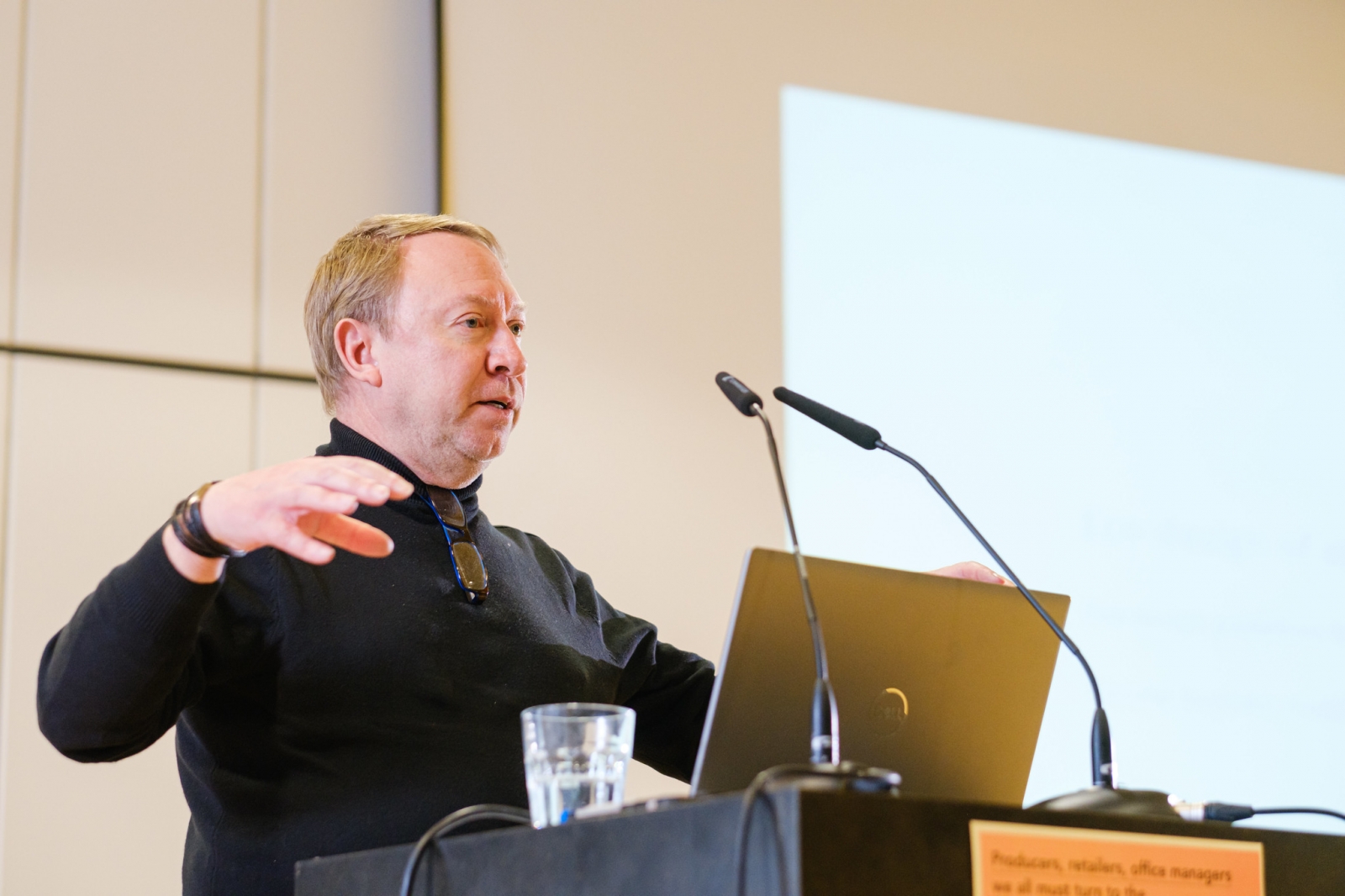
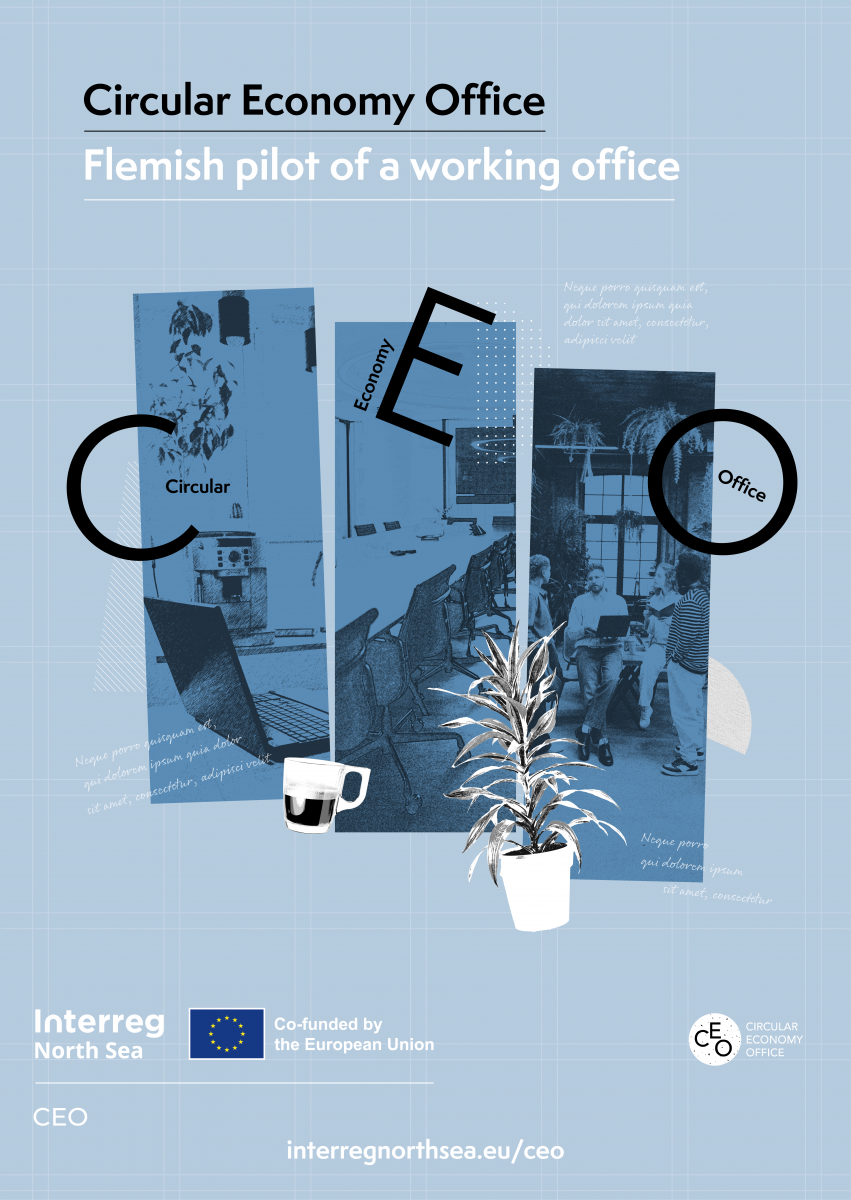
The Belgian partners within the CEO project are Kringwinkel Antwerpen, ONBETAALBAAR, WOOD.BE, and Circular Flanders.
Although the project focuses on circular office interiors, the results and insights can easily be transferred to furniture in schools, hospitals, and private households. And since offices are found all over the world, the lessons from the project will also be valuable for other countries and regions.
















